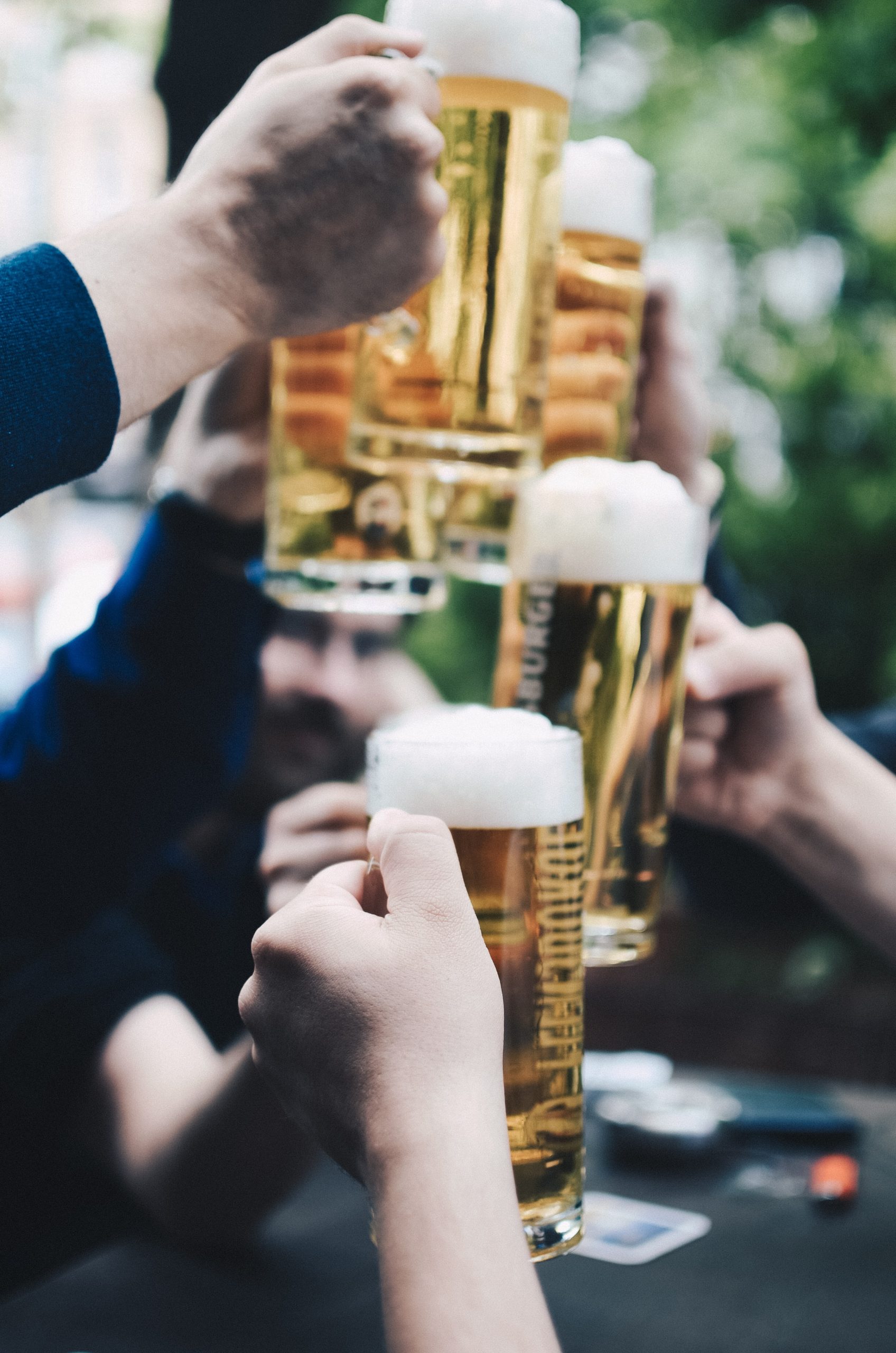Press Releases
Hold my beer! Survey reveals 59% of drinkers would be willing to switch to a non-alcoholic version.
America is a beer loving nation; we’re known for the likes of Budweiser, Coors, Pabst and Miller, which have found fans all over the world. But a new market is steadily growing – non-alcoholic beer (and wine). It’s predicted to grow by 7.5% over the next few years as the manufacturing processes and flavors get more sophisticated. While some purists would say there’s no way it could ever taste like the real thing, RecoveryFirst.org, an alcohol and addiction treatment facility, wanted to find out just how many of us would actually be willing to give non-alcoholic drinks a go, and maybe even switch permanently – and those who would never touch a drop of it.
A total of 3,000 drinkers were surveyed to find out which parts of the country are putting up the most resistance to non-alcoholic beer and wine (and other faux alcoholic drinks). Surprisingly, and encouraging, the results showed that 59% of drinkers would be willing to switch to a non-alcoholic version – at least for a month. Those from Michigan were most willing to make the switch with 82% of them happy to give it a go. Mississippians, on the other hand, did not embrace the idea; only 30% of respondents would be happy to try alcohol-free beverages for one month.
And when it comes to beer, what is it that really appeals to drinkers, the alcohol content or the taste? An overwhelming 79% agreed that it was actually for the taste – meaning that if non-alcoholic beer manufacturers can get the flavors right, they’re much more likely to convince, or convert, beer drinkers to switch. However, when it came down to a choice between non-alcoholic beer or non-alcoholic wine, just 44% said they’d opt for the latter.
Lastly, the survey asked what drinkers feel is the main advantage of non-alcoholic drinks, and more than half (51%) said it was the joy of not having a hangover! Nineteen percent liked that it meant they were consuming fewer calories, 12% said it was better for their heart health, 9% enjoyed knowing they were not dehydrating themselves (no more feeling parched the morning after), and 9% were happy that it still supports the alcohol industry.

